We believe education begins at birth and lasts throughout life. Education can be a key to unleash the potential of opportunity for everyone, especially for those whose communities have been marginalized. Therefore, education should be equitable, excellent in its delivery and accessible to all regardless of place, gender, ability, income or ethnicity.
Want to know more? Find out more about Education funding opportunities.
Take a minute to read a message from Ereka R. Williams, Vice President – Education, to find out what we are focusing on in 2024.
Want to discuss your ideas? Engage with us to start the process.
Dr. Ereka R. Williams joins Education Matters to discuss the value of out-of-school time programming in providing students continued learning and enrichment opportunities. In 2023, Dogwood and other WNC partners were recognized as Afterschool Champions for their contributions to out-of-school time programming as part of Lights On Afterschool, an annual nationwide campaign celebrating after school programs and their important role in the lives of children, families and communities.
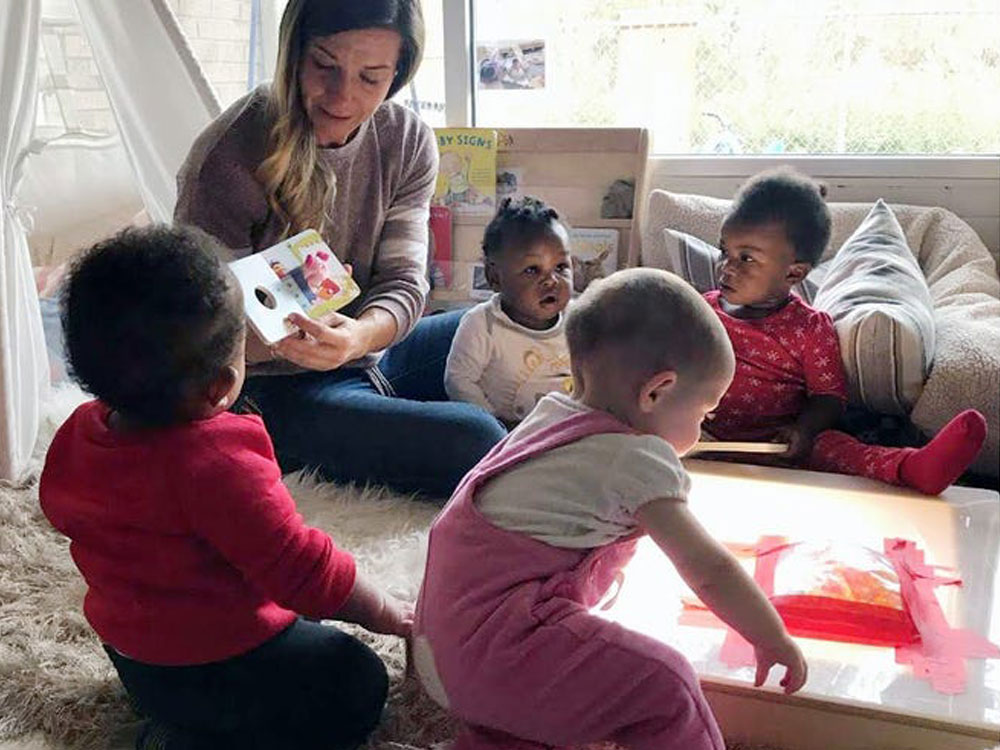



Address:
890 Hendersonville Rd
Asheville, NC 28803
Mailing:
890 Hendersonville Rd
Asheville, NC 28803
Join our mailing list to receive updates on our latest news, funding opportunities, and more.
© 2024 Dogwood Health Trust. All rights reserved.

Support programs and networks that reduce deaths, treat addiction, and prevent first use

Help reduce disparities based on race, location, education and income factors

Invest in integrated heath care with seamless connections to supportive services

Support communities that promote healthy living and resiliency and help mitigate the impact of trauma, isolation and stress on individuals and families, especially those experiencing poverty

Support a well-funded, sustainable, competitive entrepreneur and small business ecosystem throughout the region
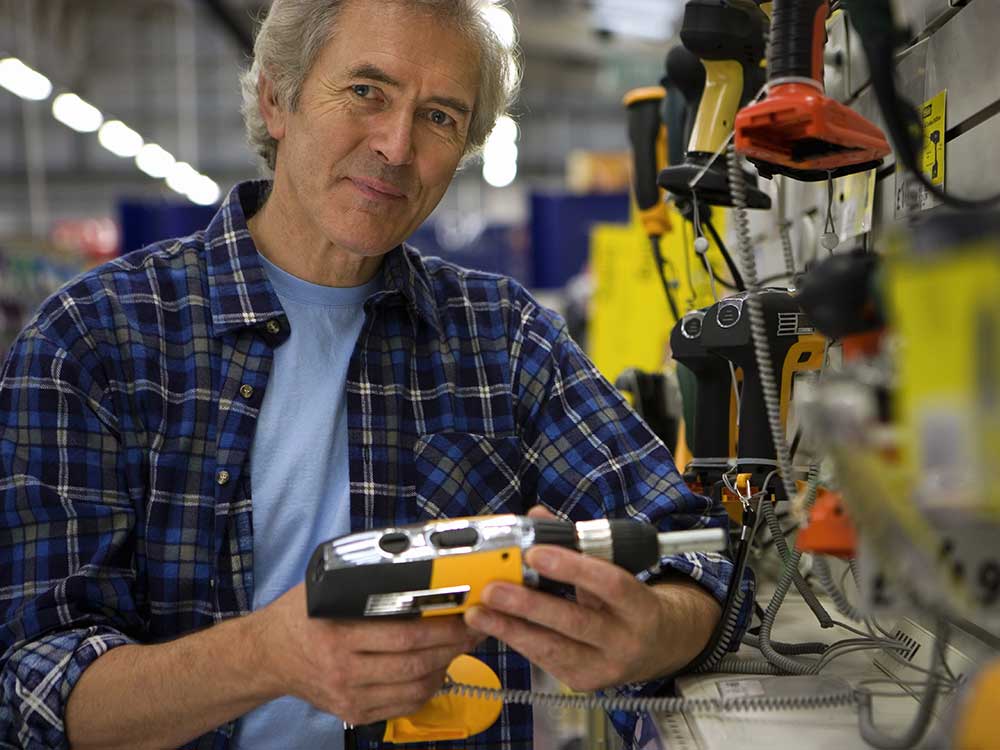
Help build a regional economic ecosystem that supports increased creation/retention of jobs and business ownership

Help build a skilled workforce with the knowledge and technical abilities to excel in a wide range of industry employment opportunities that provide a competitive, sustainable wage

Source, analyze and share a comprehensive, county-by-county data set that paints a full picture of work readiness, economic development and entrepreneurial needs and opportunities specific to Western North Carolina

Work in tandem with Economic Opportunity Strategic Priority to invest in career readiness at the community college and university levels

Support K-12 learning experiences with the resources and sustainability to provide an excellent academic and social-emotional education, so that all students graduate ready for college or career

Invest in an improved early childhood education ecosystem with the resources and sustainability to provide developmentally appropriate, affordable and accessible education and care to support ages birth to five, so that all children in WNC enter kindergarten ready to learn

Source, analyze and share a comprehensive set of publicly available data that provides a regularly updated, county-by-county picture of access, workforce and student outcomes in early childhood education and K-12 education specific to Western North Carolina
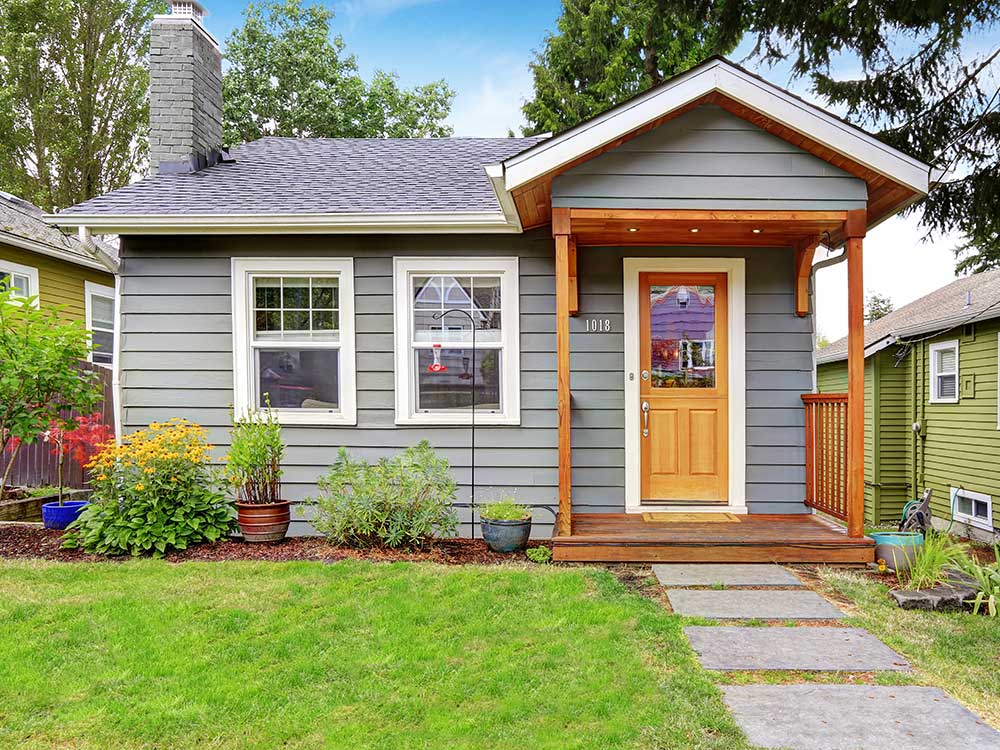
Loans, guarantees, and other financial tools to leverage funding opportunities
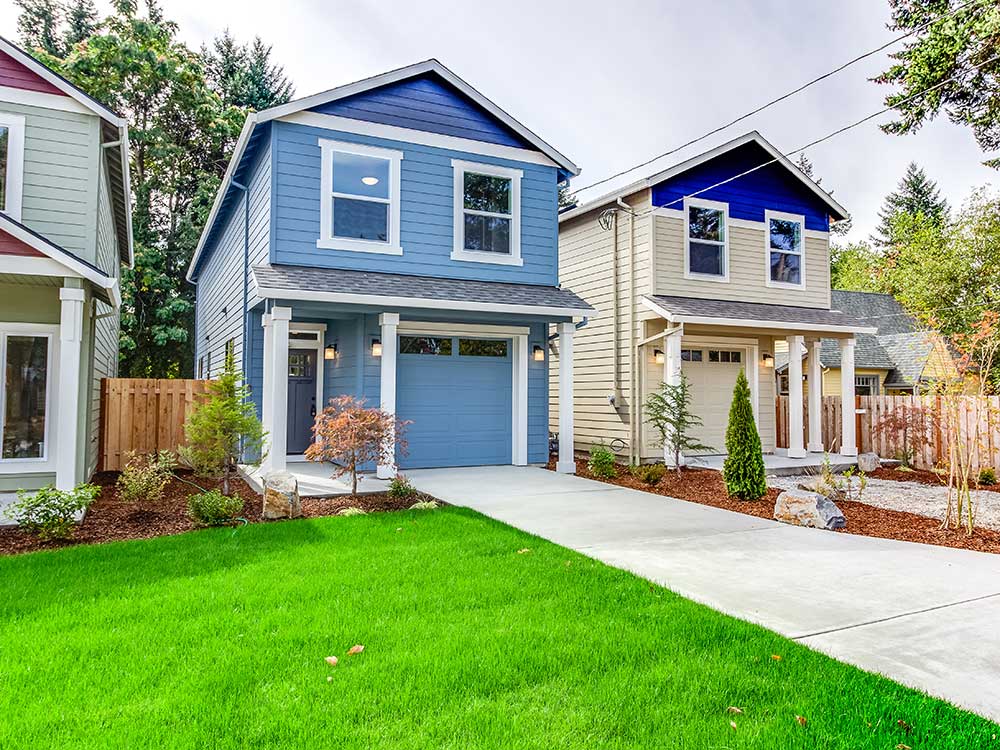
Increase affordable housing for lowest-income individuals and families
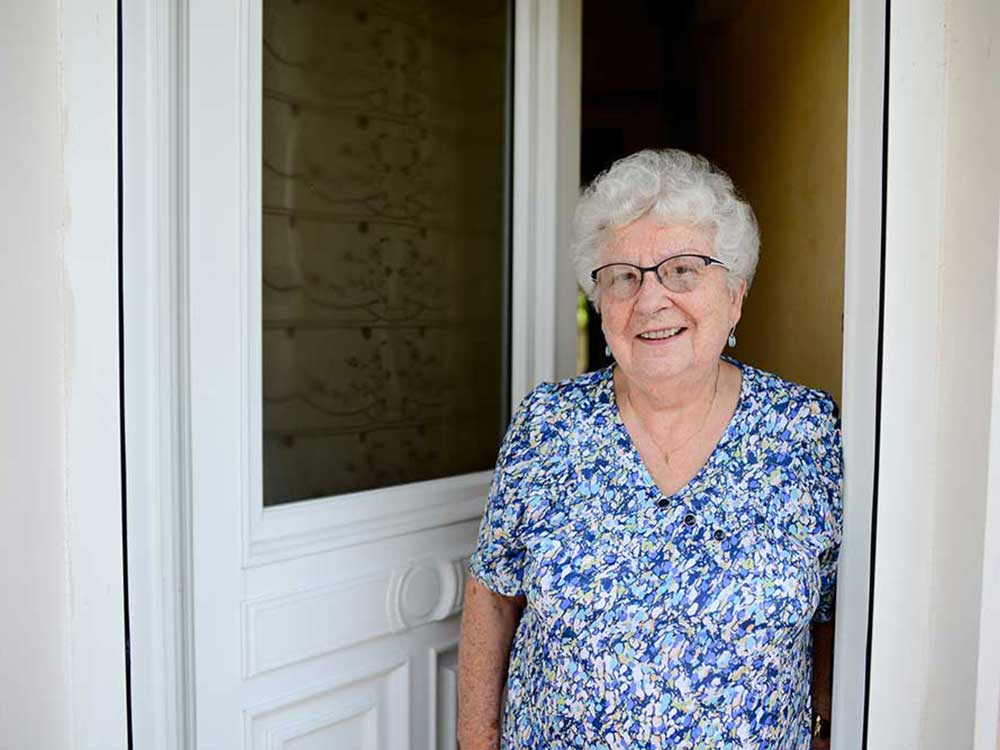
Support age-appropriate resources in affordable and workforce units, rental and owned
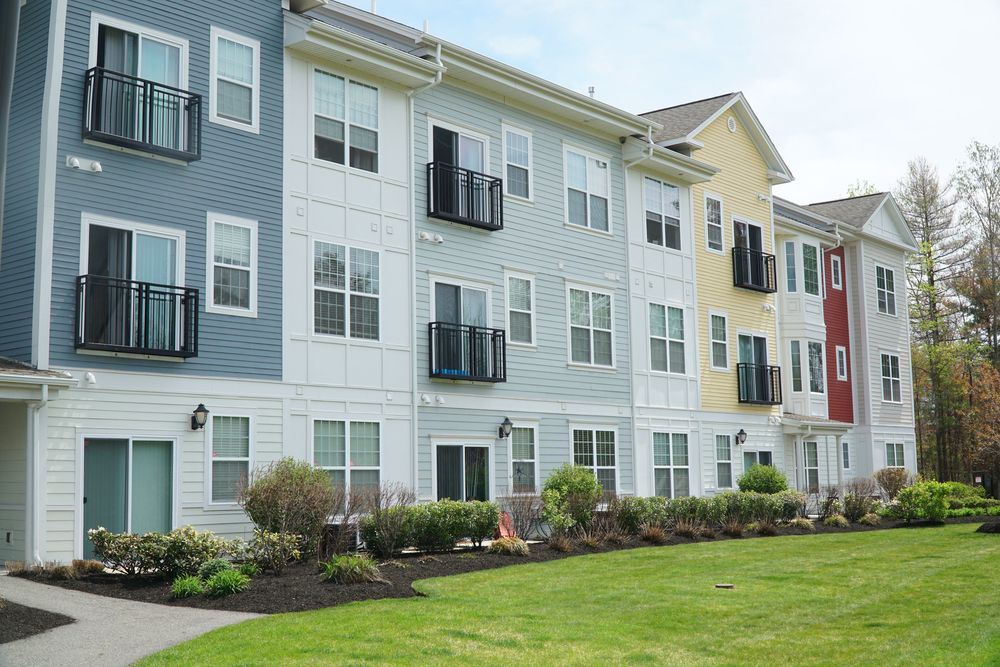
Invest in housing with sustainable supports for physical and mental health and wellbeing
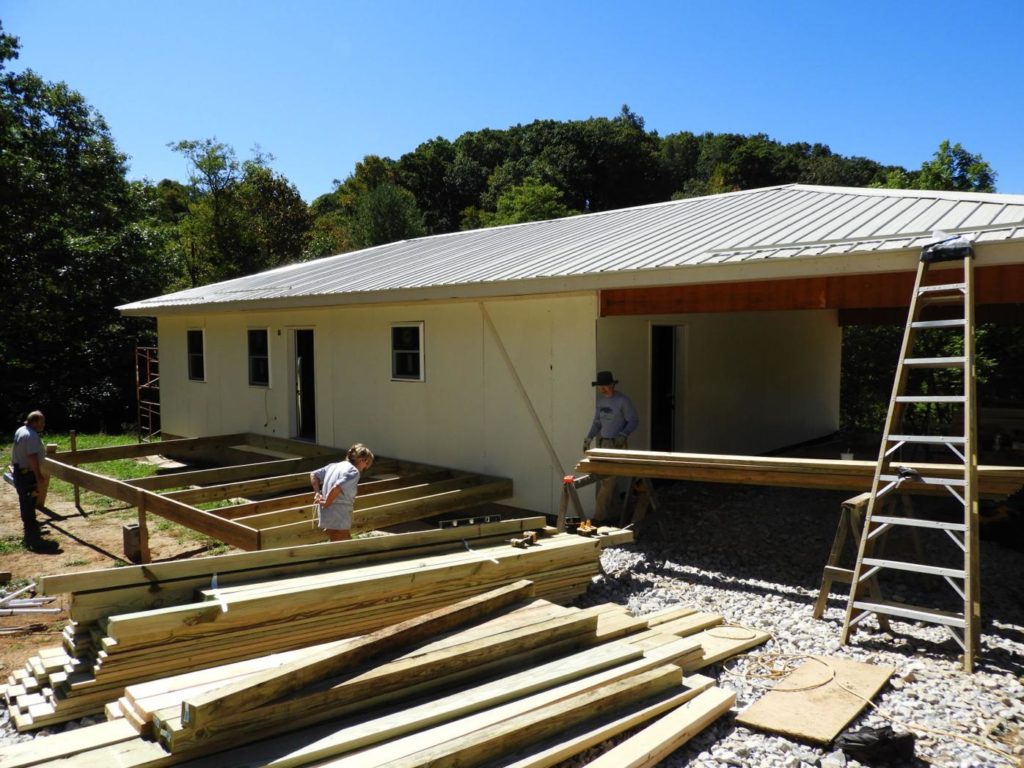
Support healthy and safe revitalizations that work against displacement and gentrification, preserve home ownership and create generational wealth.